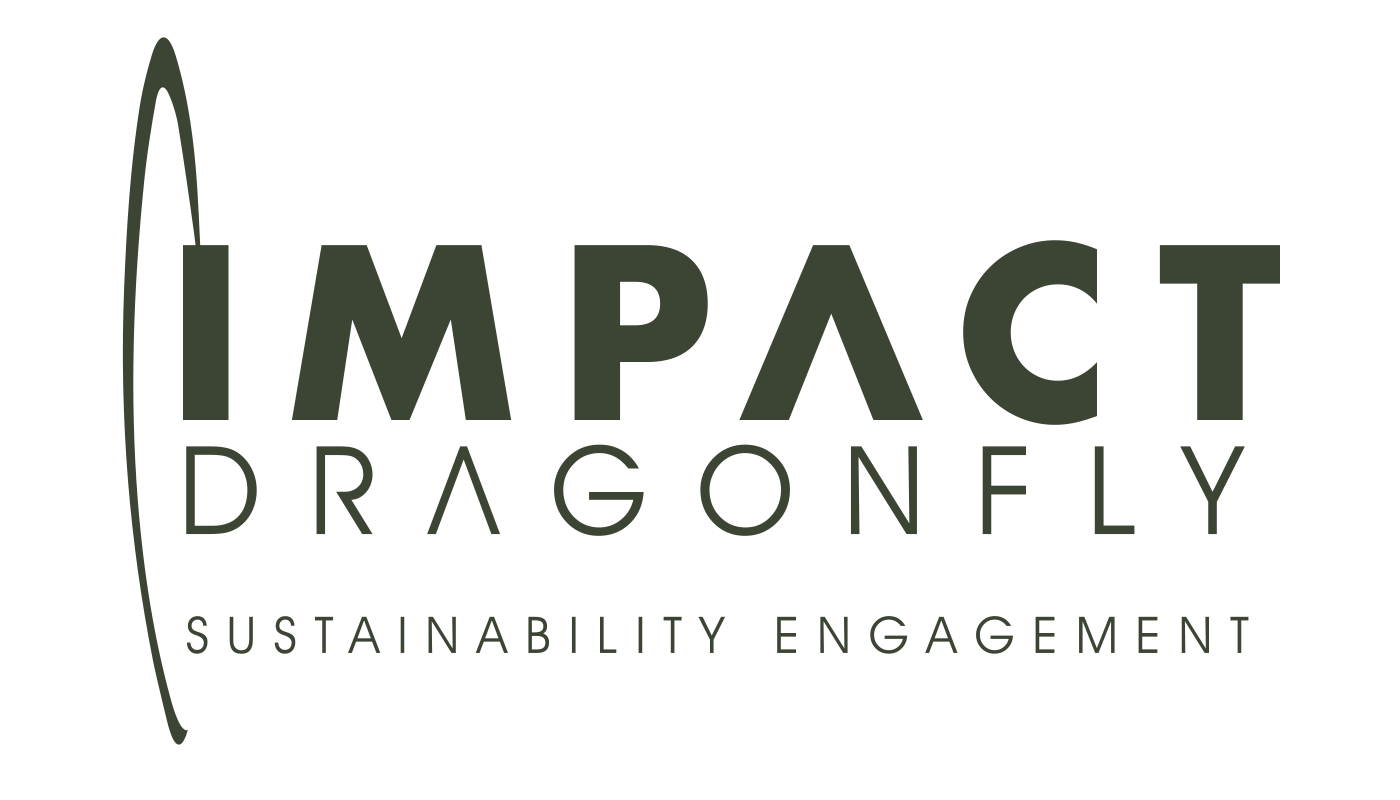Greenwashing and how to avoid it
‘Greenwashing’ describes environmental claims that are false or misleading. Greenwashing can lead to substantial economic and environmental harm. The ACCC (Australian Competition & Consumer Commission) considers a business is engaging in greenwashing where they use any claim that makes a product, service or business seem better or less harmful for the environment than it really is.
Current climate
More and more businesses are making Environmental / Green claims about their products, services and operations. These claims can appear on product packaging, point of sale, marketing or even corporate reporting.
There is an upward trend of conscious consumers who are drawn to products and services that make environmental / social claims in order to “do the right thing”.
Issues of greenwashing
When an organisation makes misleading or intentionally false claims about their product / service it can lead to:
Limiting the consumers ability to make an informed purchase decisions
Could lead a consumer to pay more for the environmental benefit that does not exist
Businesses who make these claims can have an unfair advantage in the market over those who have invested heavily in achieving genuine environmental benefit with their products
Undermines consumer trust in environmental claims overall.
What is an environmental claim?
An environmental claim is the representations made by a business in relation to its environmental impact, these include claims that give impressions that their products or services have neutral or positive impact on the environment or; are less harmful to the environment than others or; have specific benefits to the environment.
Some businesses can mislead consumers inadvertently, this can occur for a variety of reasons including; Lack of understanding of supply chains, lack of due diligence before claims are made, poor reporting practices. However, some businesses Intentionally make claims to capitalise on consumer preferences.
What can I do to make sure I am not greenwashing
According to the ACCC there are 8 principles which business should follow in order to be able to make trustworthy, environment and sustainability claims.
Principle 1: Make accurate and truthful claims.
Principle 2: Have evidence to back up your claims
Principle 3: Don’t leave out or hide important information
Principle 4: Explain any conditions or qualifications on your claims
Principle 5: Avoid broad and unqualified claims
Principle 6: Use clear and easy-to-understand language
Principle 7: Visual elements should not give the wrong impression
Principle 8: Be direct and open about your sustainability transition
It is often the case that a marketing function are to blame for an organisation’s Greenwashing efforts, however, it is the role of the leadership team to put in place quality risks frameworks to ensure that the words used are appropriate and not taken out of context.
If your business is considering utilising its genuine sustainability claim as a source of competitive edge then the above 8 principles must be adhered to as Greenwashing could slow our progress towards meeting our climate and social goals
Information sourced from ACCC – environmental sustainability claims – draft guidance for business
